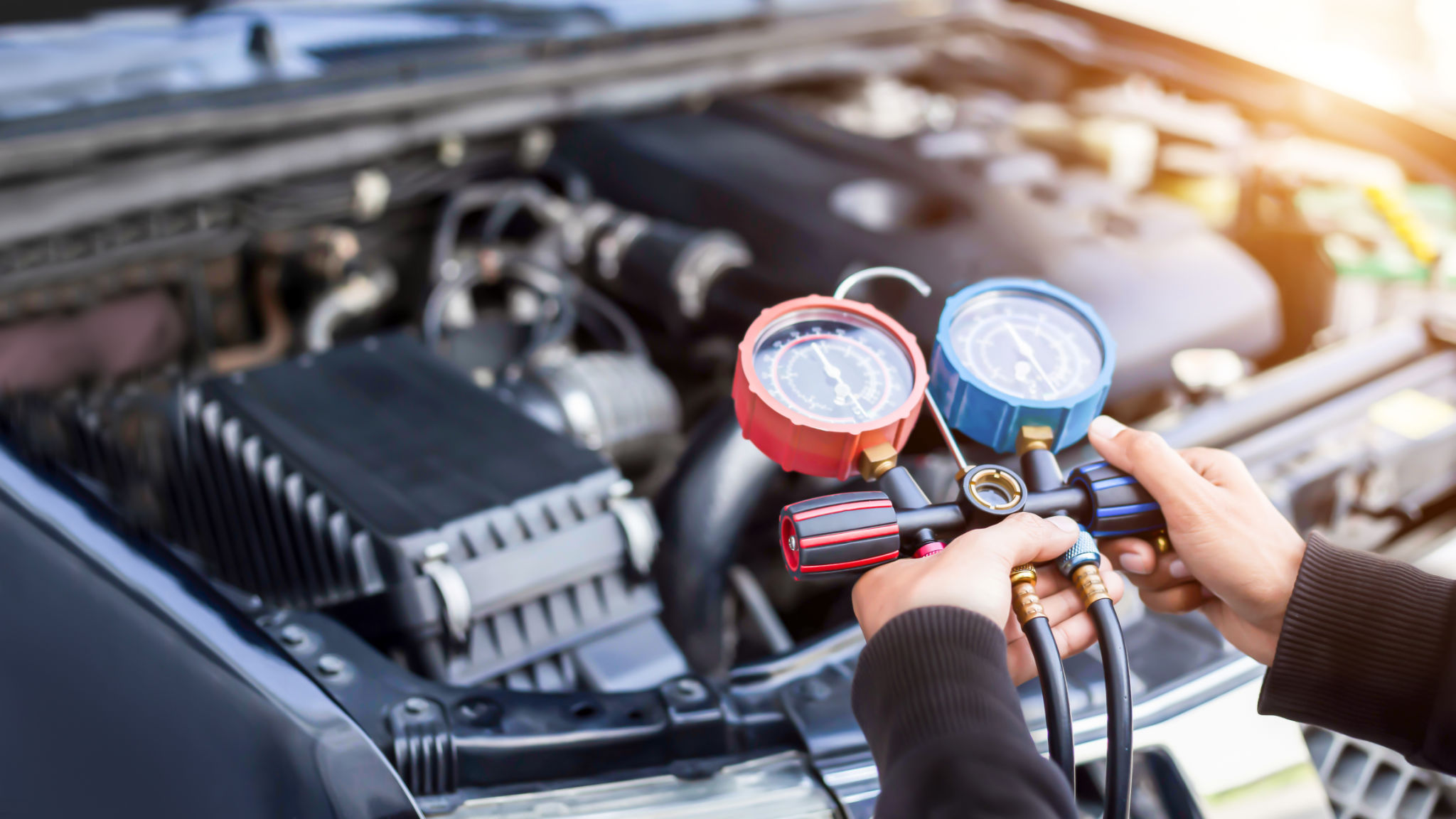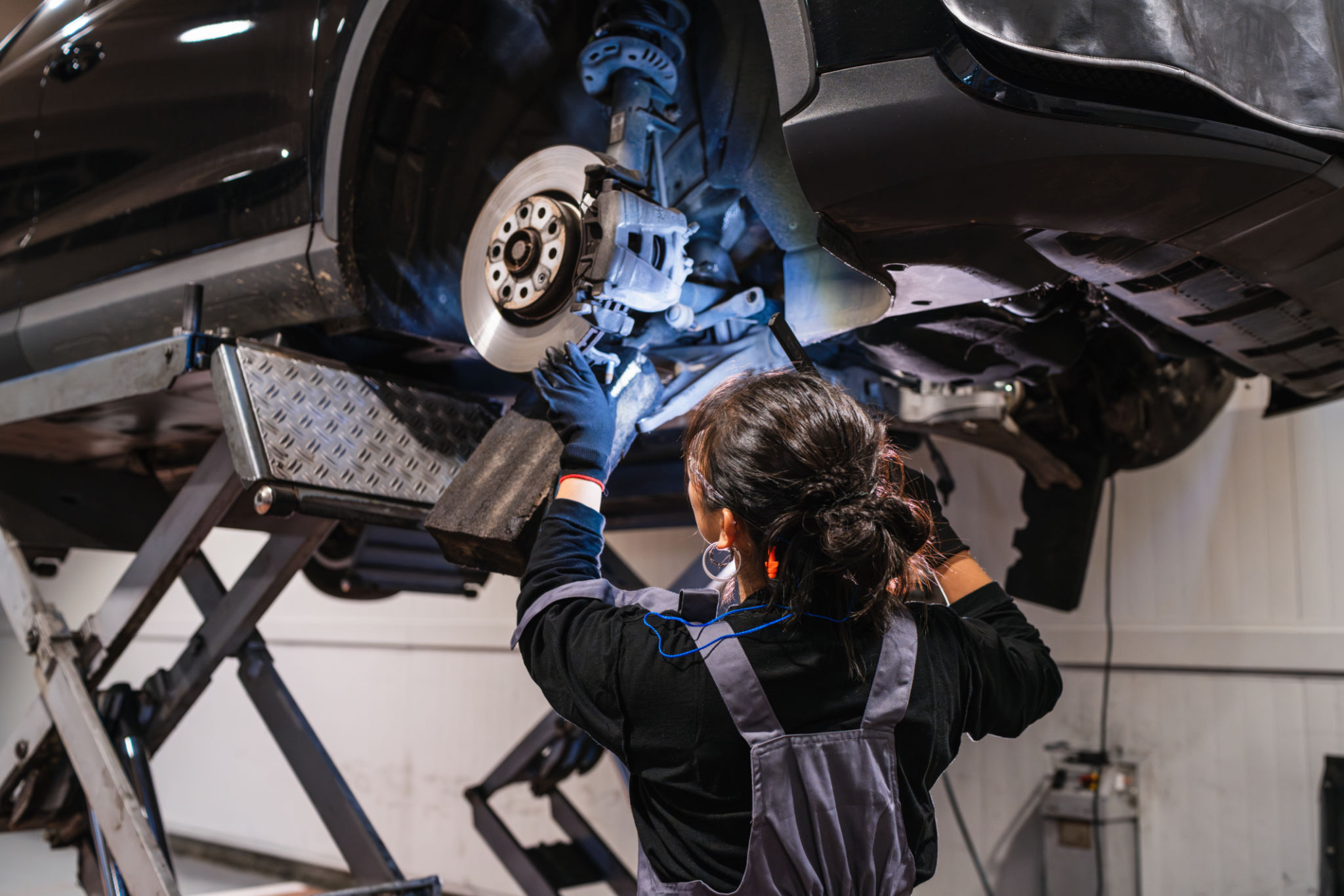How to Prepare Your Vehicle for Seasonal Weather Changes
Understanding Seasonal Challenges
As the seasons change, so do the demands on your vehicle. Whether you're facing the sweltering heat of summer or the icy chill of winter, each season presents unique challenges that can affect the performance and longevity of your car. Preparing your vehicle for these changes is essential to ensure your safety and maintain its value.

Inspecting Your Tires
Your tires are your car's only contact with the road, making them crucial for safe driving in any weather. In winter, ensure your tires have sufficient tread depth to handle snowy or icy conditions. In summer, check for signs of wear and maintain proper inflation to prevent blowouts caused by hot pavement. Regular tire rotations can also help extend their lifespan.
Maintaining Fluid Levels
Fluids are the lifeblood of your vehicle, and their importance cannot be overstated. During colder months, antifreeze levels should be checked to prevent the engine from freezing. In contrast, during hotter months, ensure your coolant system is functioning properly to avoid overheating. Regularly check oil, brake fluid, and windshield washer fluid levels as well.

Battery Care
Extreme temperatures can have a significant impact on your car's battery life. Cold weather can reduce its capacity, while heat can accelerate chemical reactions that lead to failure. Before the onset of winter or summer, have your battery tested and replace it if it's nearing the end of its lifespan. Clean any corrosion from the terminals to ensure a strong connection.
Checking the HVAC System
Your heating, ventilation, and air conditioning (HVAC) system plays a critical role in maintaining comfort inside your vehicle. Before winter, test your heater to ensure it’s working efficiently. Likewise, before summer, make sure the air conditioning is in good condition to keep you cool. Regular maintenance can prevent costly repairs and keep your system running smoothly.

Preparing for Emergencies
No matter the season, it's wise to be prepared for unexpected situations. Keep an emergency kit in your vehicle that includes items such as a flashlight, jumper cables, a first-aid kit, and roadside flares or reflectors. In winter, consider adding blankets and a small shovel for snow. These items can be lifesavers in critical situations.
Cleaning and Protecting Your Vehicle
Seasonal weather can take a toll on your car's exterior and interior. Regular washes help remove salt, dirt, and other debris that can cause corrosion or damage to the paint. In summer, use a sunshade to protect the dashboard from UV rays that can cause cracking or fading. Consider applying a protective wax coat before winter to help shield against harsh road chemicals.
Scheduling Regular Inspections
Regular inspections by a professional mechanic can help identify potential issues before they become major problems. A mechanic can assess critical components such as brakes, suspension, and exhaust systems, ensuring they are in good condition for the upcoming season. This proactive approach not only enhances safety but also extends the lifespan of your vehicle.

By following these guidelines, you can ensure that your vehicle is ready to tackle any seasonal weather changes with ease. Proper preparation not only enhances safety but also preserves the performance and longevity of your car. Stay proactive and enjoy a smooth transition from season to season.
